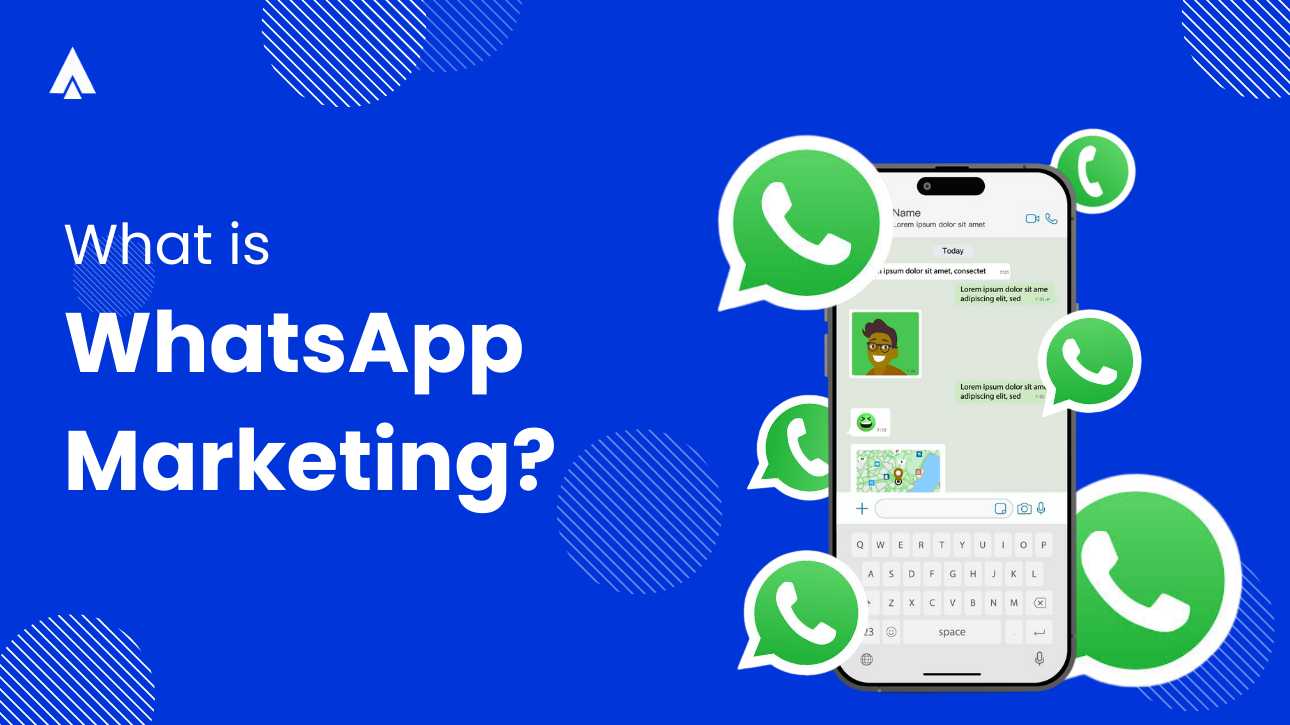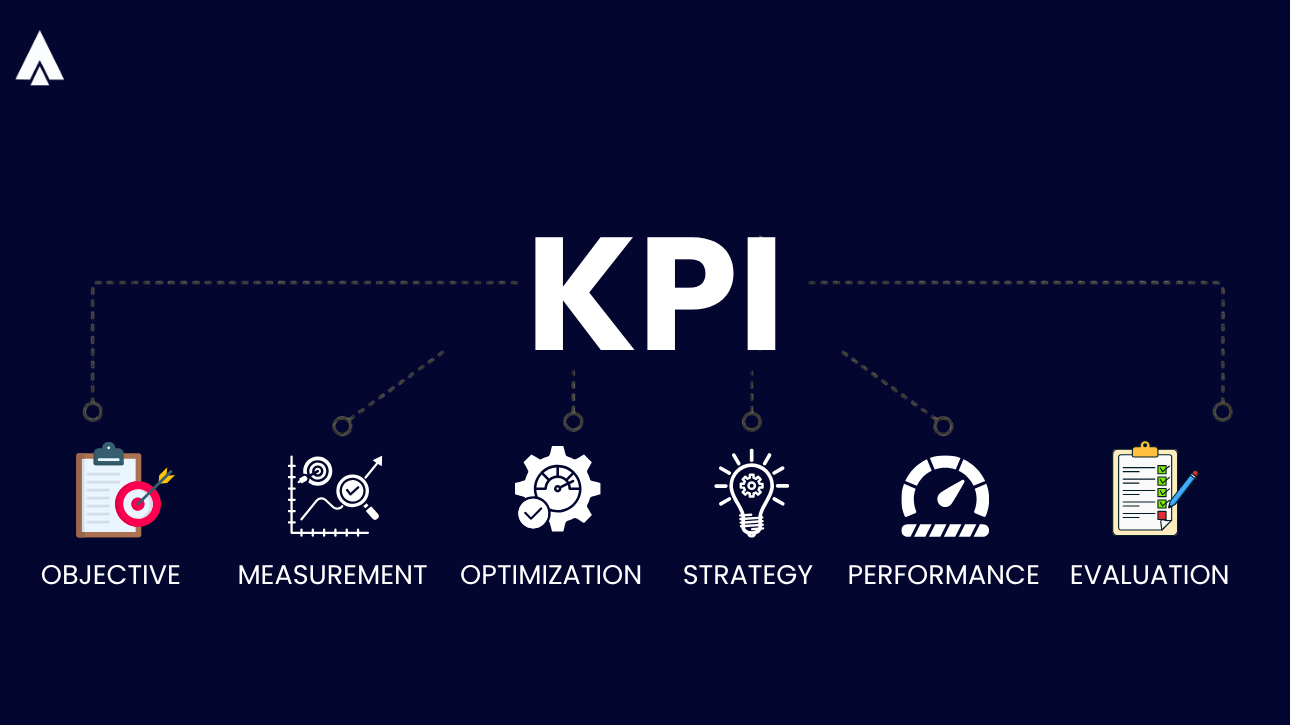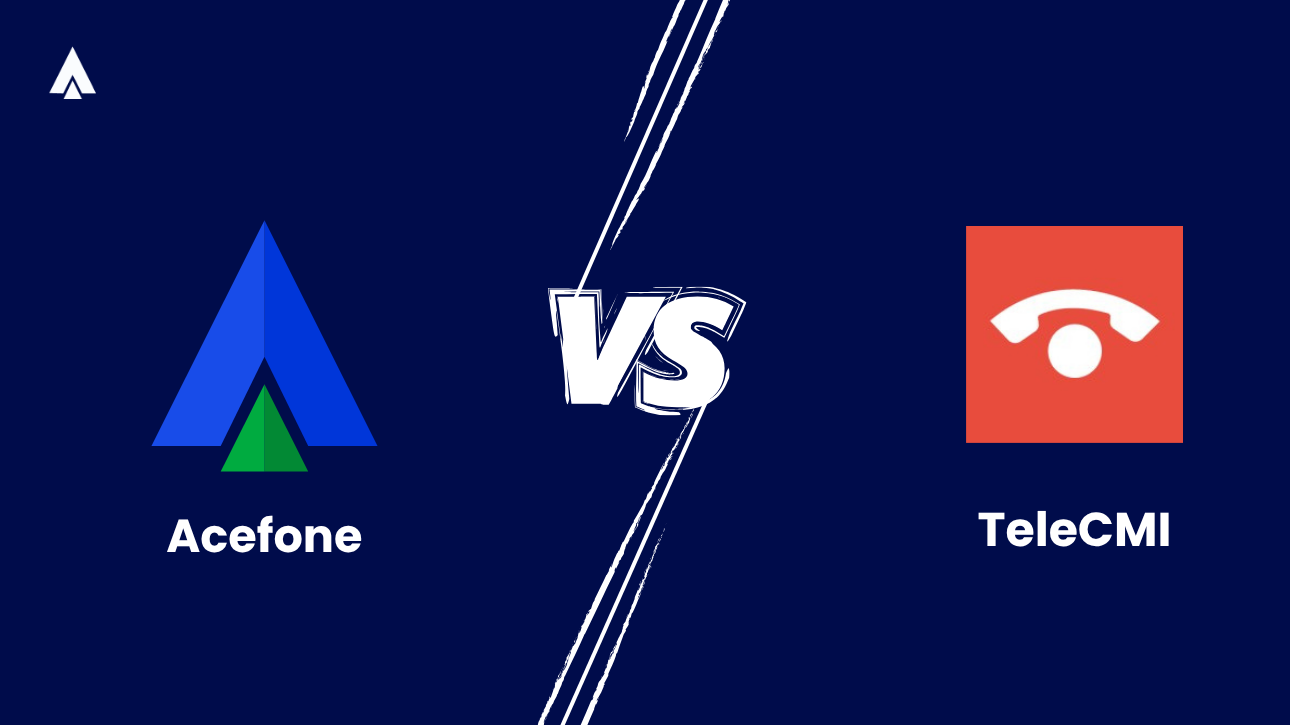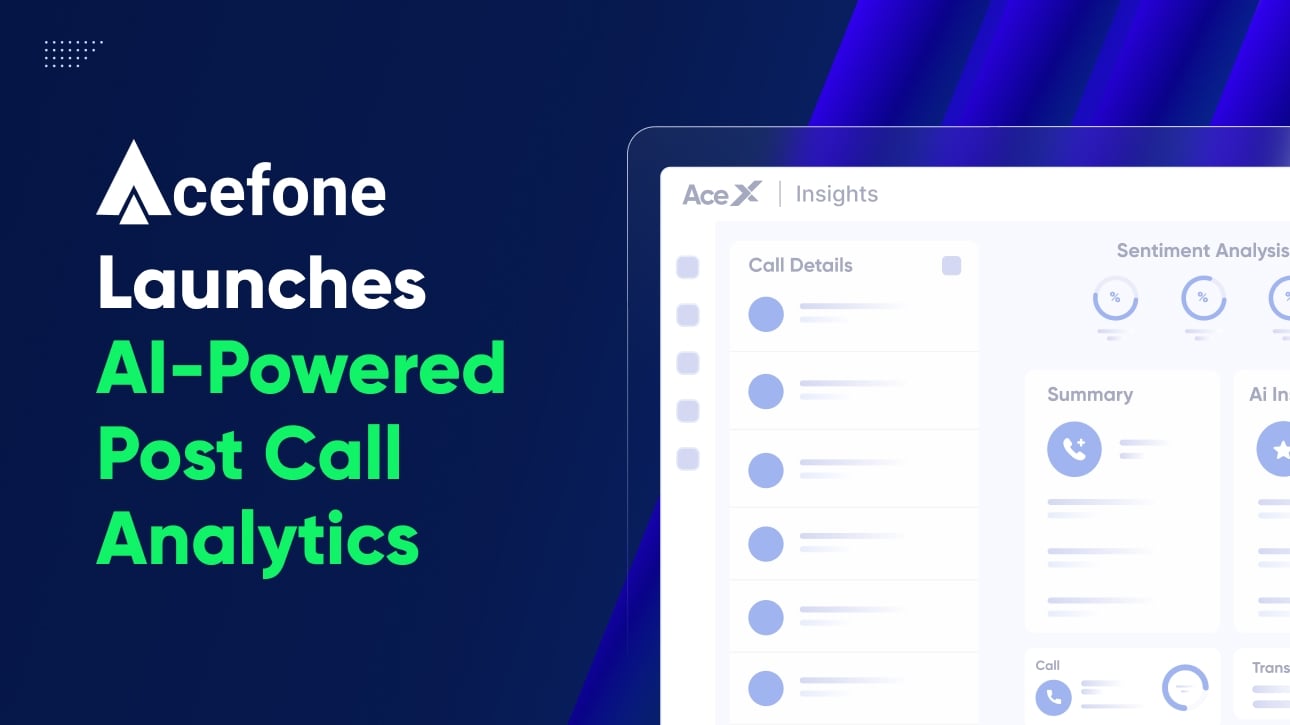WhatsApp isn’t just another channel. It’s the missing link in your support strategy, helping you cut costs by around 30% while keeping customers happier than ever.
The majority of your customers expect a response in minutes, but most email queries still take a full day or longer to get an answer. This gap between expectation and reality frustrates customers and puts pressure on support teams already working with tight budgets.
Traditional support channels like phone and email are slow and expensive. Remote teams often struggle to stay consistent, and customer demand for immediacy keeps rising. The result is higher costs and declining satisfaction.
This is why WhatsApp marketing software is such a game-changer. It doesn’t just add another channel; it bridges the gap between what customers expect and what teams can realistically deliver. With instant messaging, automation, and seamless integration into your existing systems, it has the power to improve both customer experiences and operational efficiency.
Let’s understand more about it.
What Is WhatsApp Marketing?
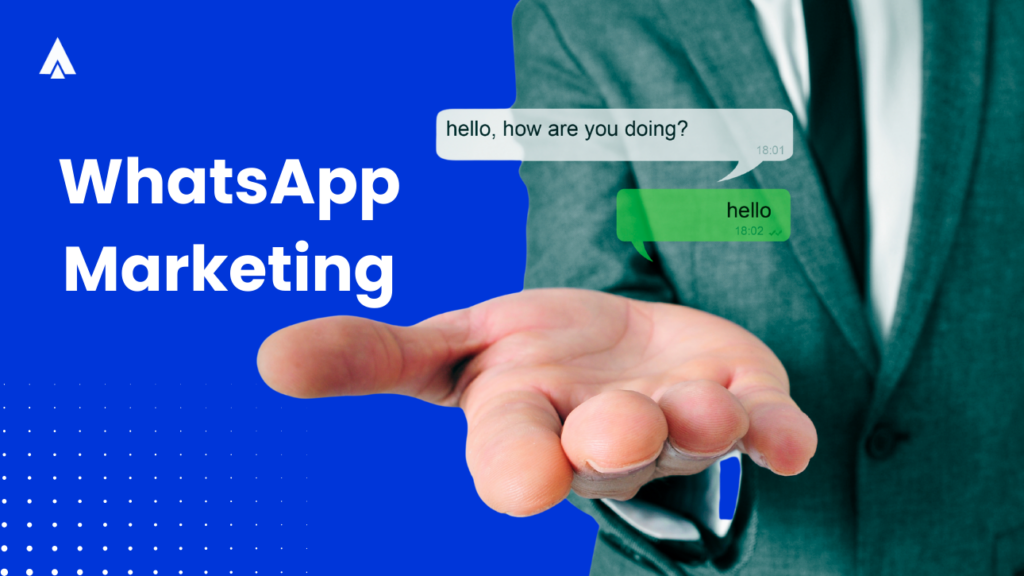
It involves using the WhatsApp marketing software to interact with customers, offer real-time support, and build lasting relationships with potential buyers.
Rather than relying on cold emails or generic ads, this approach focuses on creating direct, personalized communication through a channel people already trust and use for messaging their friends and family on their phones.
Picture this: you run a small business that sells handcrafted jewelry. You’ve got your social media pages and a website up and running. But many customers drop off before completing their purchases.
To bridge that gap, you start using WhatsApp marketing software. Now, customers can message you to ask about your products, place orders, or even request custom designs. You can send photos, videos, and voice notes directly, offering a smooth, personalized shopping experience that feels like a real conversation rather than a sales pitch.
That’s the core of WhatsApp marketing, making customers feel valued, not targeted.
Businesses can also use WhatsApp marketing services to share bulk updates like discounts, new arrivals, or limited time offers. With tools like the WhatsApp Business API, you can automate these messages to ensure your audience receives timely, relevant information without sacrificing the human touch.
Phone Queues to Instant Messaging
Think about the economics of support. Resolving an issue by phone typically costs several dollars per ticket. Email often drags across three to five exchanges before reaching a resolution. Both methods are inefficient, expensive, and frustrating for customers.
WhatsApp is different. It’s fast, convenient, and already part of your customers’ daily routines. Businesses are catching on quickly, around 5 million are now using WhatsApp marketing software to connect with their customers.
For support leaders, WhatsApp offers a path to respond and resolve issues in ways phone and email can’t. The ability to send images, videos, or quick replies makes support more natural and engaging. Add in automation, smart routing, and sentiment analysis, and you have a channel that’s faster, cheaper, and more customer friendly.
| Support Channel | Average Cost per Resolved Ticket | Avg. Resolution Time |
| Phone Support | $5–7 per ticket | 10–15 minutes |
| Email Support | $3–4 per ticket | 12–24 hours |
| WhatsApp Business | $1–2 per ticket | 2–5 minutes |
What Makes WhatsApp Marketing Software So Powerful?
WhatsApp Business API helps you meet customers where they are, while also giving your team tools to work smarter. Rich media messaging lets you share troubleshooting videos instead of long email instructions. Transactional updates can be automated with pre-approved templates, ensuring speed and compliance. Features like quick replies and catalogs guide customers toward resolution seamlessly.
Integration is where the magic happens. Connected to your CRM, WhatsApp chats carry full customer context. Linked with ticketing systems, every interaction is automatically logged and tracked. Dashboards provide real-time visibility into response times, volume, and satisfaction.
Automation pushes efficiency even further. Chatbots can instantly handle common tier-1 queries. Smart routing ensures complex issues reach the right agent. Sentiment analysis alerts managers when a customer is frustrated and needs priority attention.
We call this the 3R model: rapid response, rich resolution, and relationship building. Respond quickly, use the right media to resolve effectively, and follow up to show you care.
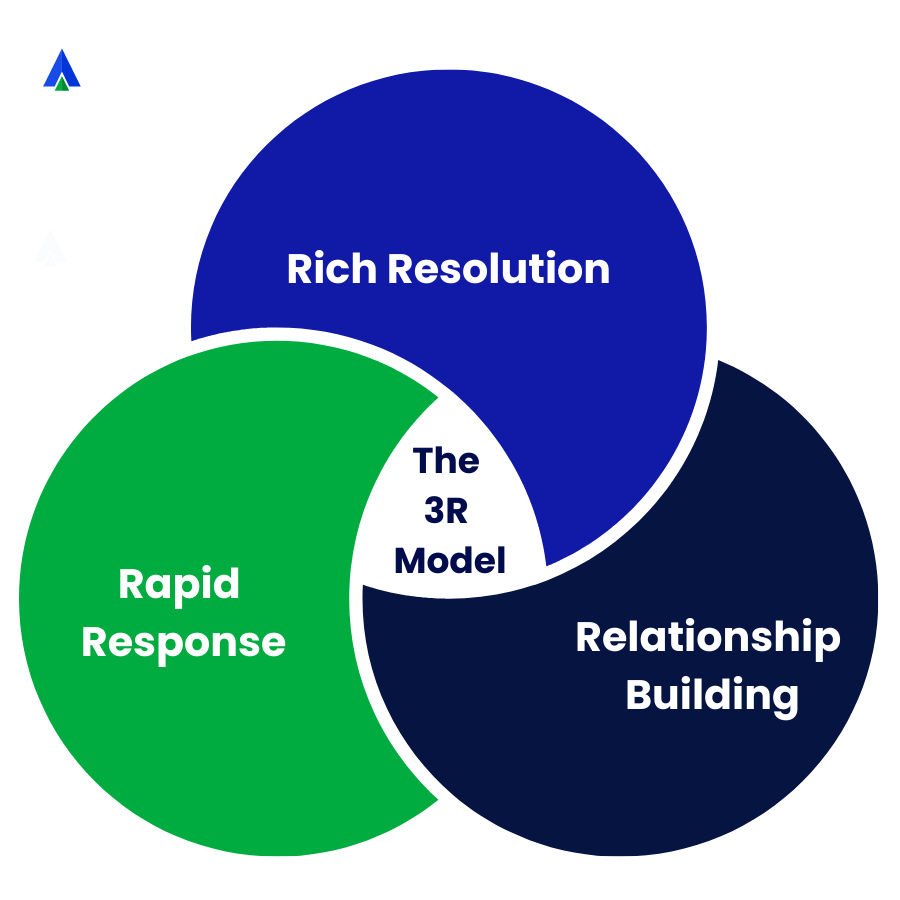
Benefits of Using WhatsApp Marketing Software
WhatsApp offers far more than just a way to send messages. It is a powerful marketing tool that helps you connect with customers on a deeper level. Here’s how it adds real value to your marketing efforts:
1. Build Personal Connections
One of WhatsApp’s greatest strengths lies in how personal it feels. Unlike emails or social media broadcasts, WhatsApp messages arrive in a space where users are already chatting with friends and family. This makes communication from brands feel more intimate and human.
Take a local bakery, for example. It could use WhatsApp to remind customers about upcoming orders or suggest treats based on past purchases. This kind of tailored interaction fosters loyalty and keeps customers coming back.
2. Higher Engagement Compared to Other Channels
WhatsApp consistently outperforms other platforms when it comes to engagement. With an open rate as high as 98% (compared to email’s average of 21.3%). Messages sent on WhatsApp are far more likely to be seen and acted on.
Let’s say you’ve just dropped a new product line. A simple message with product images and a limited-time discount can get immediate attention and boost sales far more efficiently than an email blast.
3. Fast, Convenient Customer Support
Customers increasingly prefer texting over phone calls or emails. WhatsApp messages meet that demand perfectly. In fact, 72% of consumers say they only engage with marketing messages tailored to their interests
You can use WhatsApp marketing services to answer questions, provide updates, or offer automated support 24/7. For instance, a fitness center could handle class inquiries or membership details instantly, improving both service speed and customer satisfaction.
4. Affordable and Scalable
WhatsApp marketing software is a budget-friendly alternative to costly advertising or SMS campaigns. Once your business account is set up, sending messages incurs no extra cost beyond internet access.
Whether you’re a solo entrepreneur or a growing enterprise, WhatsApp solution lets you reach your audience without draining your marketing budget.
5. Share Rich Multimedia Content
WhatsApp supports various content formats like photos, videos, PDFs, and more. This makes marketing more engaging and informative. Unlike some platforms, you don’t have to worry about being flagged for sending rich media.
Imagine a restaurant sending out its daily menu or behind-the-scenes kitchen videos. These visuals make promotions feel more authentic and compelling than plain text ads.
With its high engagement rates, personal feel, multimedia flexibility, and ability to support real-time service, WhatsApp marketing software goes beyond being just a chat app. It becomes a full-fledged marketing channel that helps you connect with customers meaningfully and drive measurable results.
Top WhatsApp Business Solution Providers
| Providers | Price* | Features | Pros | Cons |
| Acefone | Flexible pricing, tailored plans, and competitive rates with omnichannel bundles | – WhatsApp Business API integration
– Hosted PBX & VoIP integration – Rich media messaging, chatbots, smart routing – Real-time dashboards & analytics – Compliance: TRAI, DPDP, GDPR |
– Unified platform (voice + WhatsApp + contact center)
– 70+ features beyond WhatsApp (IVR, auto dialers, APIs) – 24/7 support – Transparent cost structure |
– Newer BSP compared to legacy giants (but faster and more agile) |
| Twilio | Pay-as-you-go (~$0.005 per message outbound; inbound free) |
– Programmable WhatsApp API – Global coverage – Scalable cloud APIs |
– Huge developer ecosystem- Robust documentation | – Developer-heavy; not plug-and-play
– No native contact center suite – Pricing can escalate at scale |
| 360dialog | Starts ~$49/month (API access) + WhatsApp fees | – Direct BSP
– Simple API integration – Partner ecosystem for CRM/marketing tools |
– Quick onboarding- Affordable entry point | – Limited features (no contact center stack)
– Relies on third-party integrations for advanced use |
| Infobip | Custom enterprise pricing | – Omnichannel platform (SMS, Viber, WhatsApp, RCS)
– Strong enterprise presence- AI chatbots |
– Trusted by global enterprises- Large scale infrastructure | – Pricing not transparent
– Overkill for SMBs – Requires technical setup |
| WATI | ~$49/month base + per-user fees | – WhatsApp CRM tool
– Team inbox – Basic chatbot automation |
– Easy for SMBs- Simple onboarding | – Limited voice/telephony integration
– Feature set is less robust for enterprises |
| MessageBird | Pay-as-you-go (~€0.005 per message) + platform fees | – Omnichannel messaging (WhatsApp, SMS, Messenger)
– Flow builder for automation |
– Wide channel support
– Global scale |
– Premium pricing
– Customer support feedback is mixed – Limited deep PBX integration |
How to Choose the Right WhatsApp Business Solution Provider?
Choosing the right WhatsApp Business Solution Provider is a crucial step to ensure maximum utilization of the platform. Not all providers offer the same features, support, or pricing models, so selecting the right partner can significantly impact your communication strategy and ROI. Here’s what to look for:
1. Official WhatsApp Partner
Ensure the provider is an official WhatsApp Business Solution Provider, authorized by Meta. This guarantees compliance with WhatsApp’s policies, better reliability, and access to the latest features and updates.
2. Feature Set & Capabilities
Look beyond just messaging. A good BSP should offer:
- Advanced automation and chatbot integration
- CRM integrations
- Multi-agent support and shared inbox
- Analytics and reporting tools
- Make sure the platform fits your marketing needs.
3. Ease of Use
A user-friendly dashboard, intuitive interface, and easy onboarding process can save your team time and reduce training costs. Ask for demos or trials to evaluate the platform firsthand.
4. Scalability
Choose a provider like Acefone that can grow with your business. Whether you’re handling hundreds or millions of messages per month, the solution should scale without compromising performance or cost-efficiency.
5. Customer Support
Strong, responsive customer support is essential, especially when issues arise during peak business hours. Look for providers with 24/7 assistance, onboarding help, and dedicated account managers.
6. Pricing Transparency
Understand the cost structure clearly. Some BSPs charge based on message volume, while others may offer flat-rate or tiered pricing. Make sure there are no hidden fees and confirm how template message pricing works in your region.
7. Compliance and Security
Your provider should prioritize data protection and comply with global regulations like GDPR. End-to-end encryption, secure hosting, and user data policies should be non-negotiable.
Best Practices for WhatsApp Business Marketing
To get the most out of WhatsApp marketing services, it’s important to follow a few key practices. These help ensure your messages are welcomed, build trust, and encourage meaningful engagement with your audience.
1. Ask for Permission First
Before sending any messages, always get clear opt-in consent from your customers. This not only respects user privacy but also ensures you’re compliant with data protection laws like GDPR. A simple incentive, like a 10% discount for signing up, can encourage customers to join your WhatsApp list voluntarily.
2. Segment Your Audience for Better Relevance
Personalization is essential in WhatsApp marketing, and segmenting your audience helps make messages more targeted. Organize contacts based on purchase history, preferences, or behavior. For example, a beauty brand can send tailored offers to customers who have shown interest in skincare products, making the message more relevant and effective.
3. Keep Messages Short and Focused
Long messages are often ignored. Instead, keep communication brief, clear, and packed with value. Using well-crafted WhatsApp promotional message templates can help businesses create concise, high-impact messages that grab attention instantly. An electronics store might send a quick update about a flash sale, along with a link to shop. This format respects your customer’s time and increases the chances of a response.
4. Use Rich Media to Boost Engagement
One of WhatsApp’s strengths is its ability to support multimedia. You can take advantage of this by sharing videos, images, or voice messages. For instance, a fitness studio could send video snippets of daily workouts to keep clients engaged. Visual content grabs attention and makes your message stand out.
5. Automate Responses for Instant Support
Timely replies are critical for keeping customers happy. With communication solutions like Acefone, you can automate responses to FAQs or common requests, even outside working hours. A restaurant, for example, could use a chatbot to confirm bookings, answer menu-related questions, and share special offers automatically.
6. Encourage Two-Way Conversations
Unlike many other marketing platforms, WhatsApp is built for two-way communication. Use it to invite questions, collect feedback, or handle direct orders. A local bakery might take custom cake orders via chat and confirm delivery, creating a personalized experience that strengthens customer trust.
7. Respect Boundaries and Avoid Spamming
Sending too many messages can backfire. Avoid overwhelming your audience with frequent updates. Instead, focus on sharing useful, relevant information at a reasonable pace. For example, a clothing store might send one product update each week or a promotional newsletter once a month.
8. Track and Improve Your Strategy
Monitoring your campaign performance is key to long-term success. Use tools like Acefone to track open rates, responses, and conversions. A travel agency, for example, can see how many people clicked on a trip offer and adjust future campaigns accordingly.
Regular analysis helps refine your approach and improve results over time.
Final Thoughts: Why WhatsApp Marketing Matters
WhatsApp marketing isn’t just a trend; it’s a smarter, faster way to connect with your customers. By combining personal interaction, automation, and high engagement, it delivers real results without the high costs of traditional channels.
Whether you’re supporting, selling, or building brand loyalty, WhatsApp business marketing offers a complete solution. All you need to do is choose the right tools provider, follow best practices, and turn conversations into conversions one message at a time.
